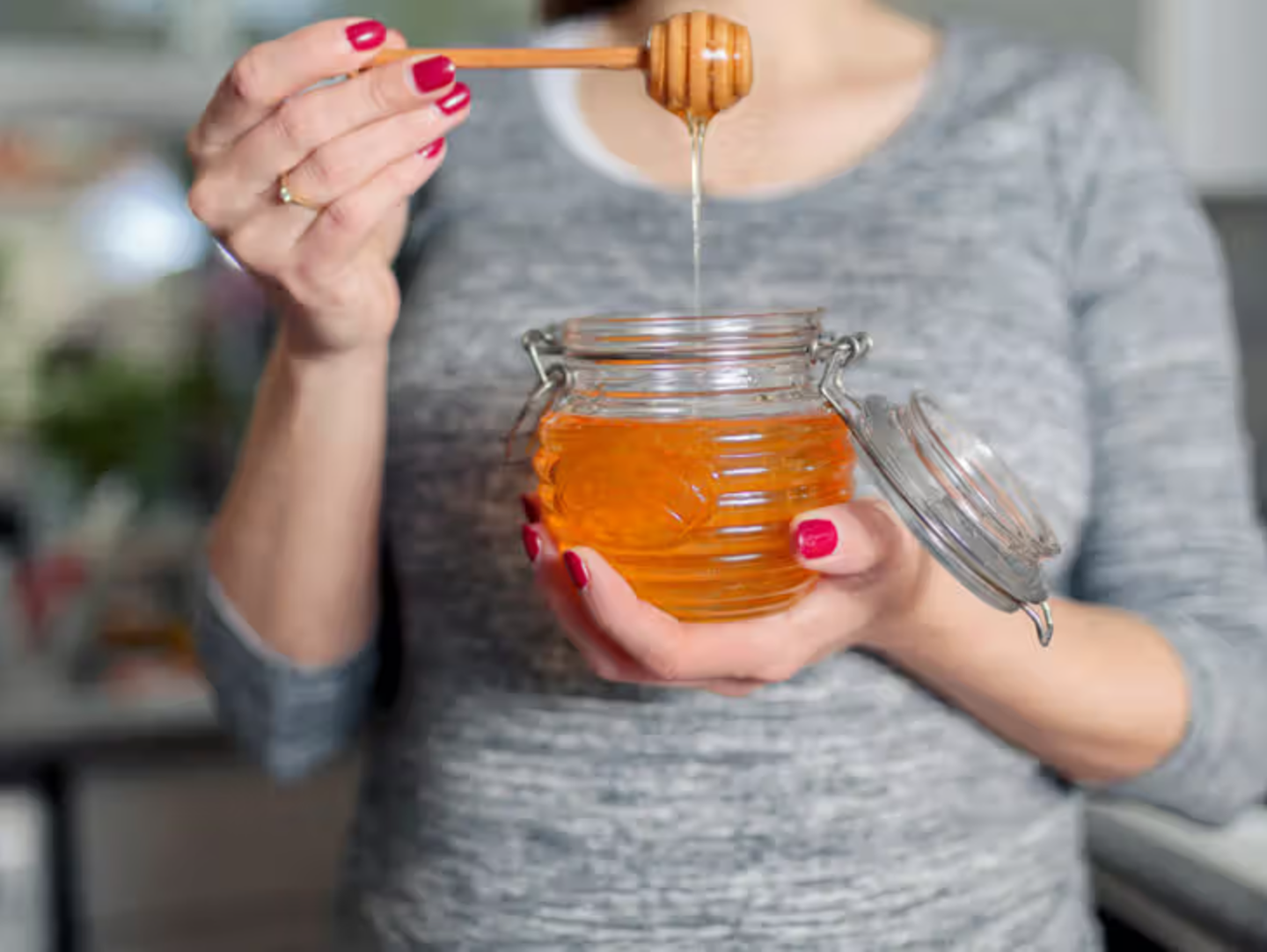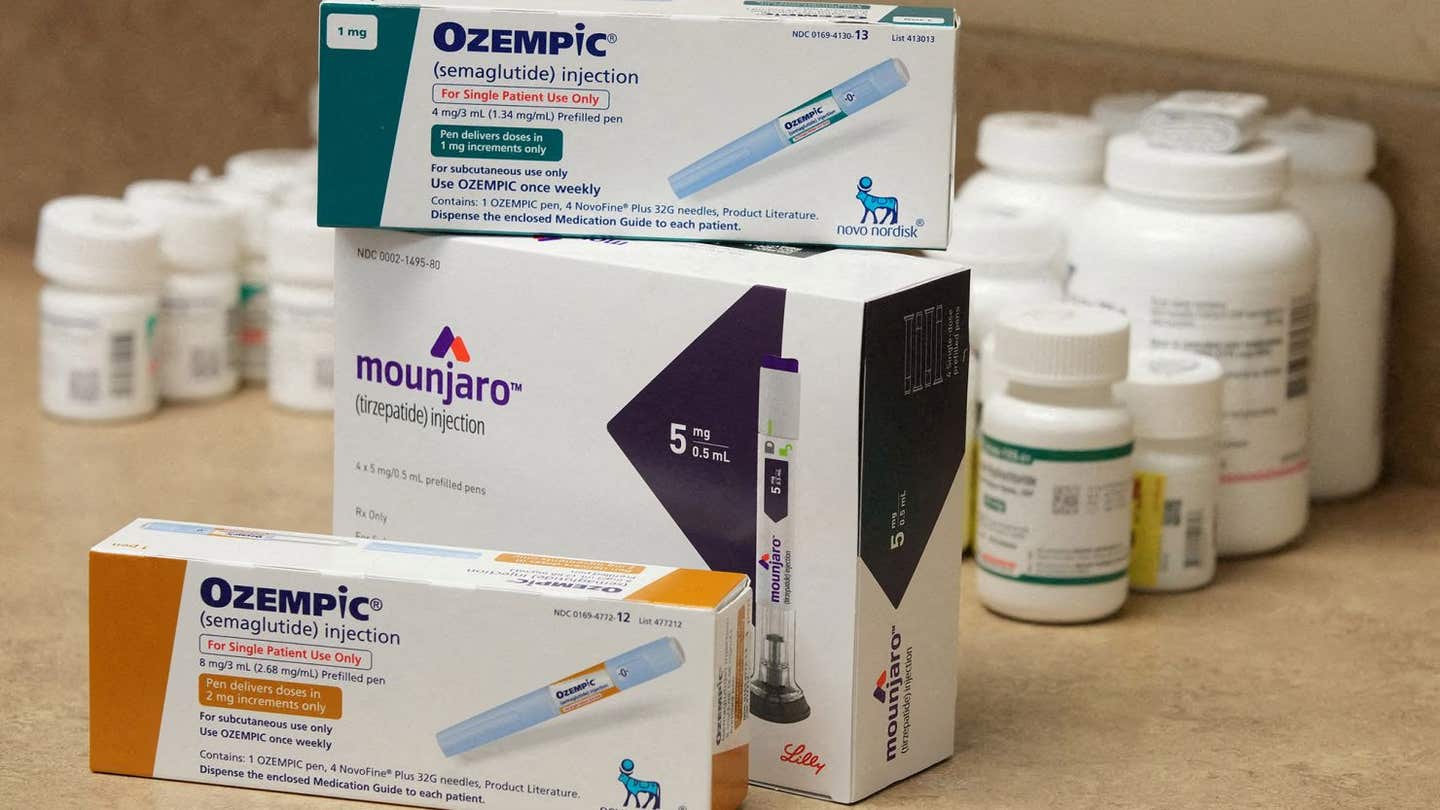Manuka honey could reduce breast cancer growth by 84%, study finds
The cancer-fighting effects of Manuka honey increased with higher concentrations, leading to a larger reduction in cancer cell growth.

In preclinical trials, the research team discovered some noteworthy effects of Manuka honey on breast cancer cells. (CREDIT: CC BY-SA 3.0)
A recent study led by researchers at the UCLA Health Jonsson Comprehensive Cancer Center has uncovered promising potential for Manuka honey as a natural option for breast cancer prevention and treatment. This could be especially relevant for estrogen receptor (ER)-positive breast cancer, which makes up 70-80% of all breast cancer cases.
In preclinical trials, the research team discovered some noteworthy effects of Manuka honey on breast cancer cells.
Tumor growth in mice with ER-positive breast cancer cells was reduced by a significant 84% after treatment with Manuka honey. Importantly, this reduction occurred without any harmful impact on normal breast cells or major side effects.
The cancer-fighting effects of Manuka honey increased with higher concentrations, leading to a more substantial reduction in cancer cell growth.
The honey also reduced levels of signaling pathways like AMPK/AKT/mTOR and STAT3, which are often upregulated in cancer and play a role in tumor cell growth and survival.
While Manuka honey reduced the proliferation of cancer cells, it did not interfere with the growth of normal human mammary epithelial cells, suggesting that it might specifically target cancer cells.
The honey induced apoptosis, or cell death, in breast cancer cells, further emphasizing its potential as a cancer treatment.
Related Stories:
When combined with tamoxifen, a commonly used antiestrogen drug in ER-positive breast cancer therapy, Manuka honey enhanced the effectiveness of the treatment.
There is a pressing need for alternative treatments in breast cancer, particularly to address endocrine resistance, a major obstacle in achieving long-term survival for patients. Endocrine resistance remains a significant factor contributing to breast cancer being the leading cause of cancer-related deaths among women globally.
Manuka honey, known for its antimicrobial and antioxidant properties, is also rich in compounds like flavonoids, phytochemicals, complex carbohydrates, vitamins, amino acids, and minerals. These compounds have demonstrated anticancer potential at the molecular level by inhibiting pathways activated in cancer that induce tumor cell proliferation, growth, and metastasis.
Researchers believe that one of the ways Manuka honey works is by blocking estrogen receptors, making it a potentially effective nutraceutical against hormone-sensitive breast cancer.
To explore the potential of Manuka honey in breast cancer treatment, the research team conducted a series of experiments. These included tests on ER-positive MCF-7 and triple-negative MDA-MB-231 breast cancer cell lines, which represent two of the most common types of breast cancer.
In these models, the oral administration of Manuka honey resulted in a significant reduction in tumor growth compared to control groups. This substantial inhibition of tumor progression highlights the honey's potential as a treatment for cancer prevention or therapy.
The study's findings suggest that Manuka honey could be developed into a natural supplement or even a standalone treatment for ER-positive breast cancer, particularly for patients who develop resistance to traditional therapies.
“The findings provide hope for the development of a natural, less toxic alternative to traditional chemotherapy,” said Dr. Diana Marquez-Garban, associate professor of medicine at the David Geffen School of Medicine at UCLA, and the study’s first author. “Although more research is necessary to fully understand the benefits of natural compounds in cancer therapy, this study establishes a strong foundation for further exploration in this area.”
While more research is needed to confirm these benefits, this study lays the groundwork for future studies on the use of natural compounds like Manuka honey in cancer treatment. If further studies confirm these initial findings, Manuka honey could become a valuable tool in the fight against breast cancer, offering a natural, less toxic alternative to current treatments.
Note: Materials provided above by The Brighter Side of News. Content may be edited for style and length.
Like these kind of feel good stories? Get The Brighter Side of News' newsletter.
Rebecca Shavit
Science & Technology Journalist | Innovation Storyteller
Based in Los Angeles, Rebecca Shavit is a dedicated science and technology journalist who writes for The Brighter Side of News, an online publication committed to highlighting positive and transformative stories from around the world. With a passion for uncovering groundbreaking discoveries and innovations, she brings to light the scientific advancements shaping a better future. Her reporting spans a wide range of topics, from cutting-edge medical breakthroughs and artificial intelligence to green technology and space exploration. With a keen ability to translate complex concepts into engaging and accessible stories, she makes science and innovation relatable to a broad audience.



